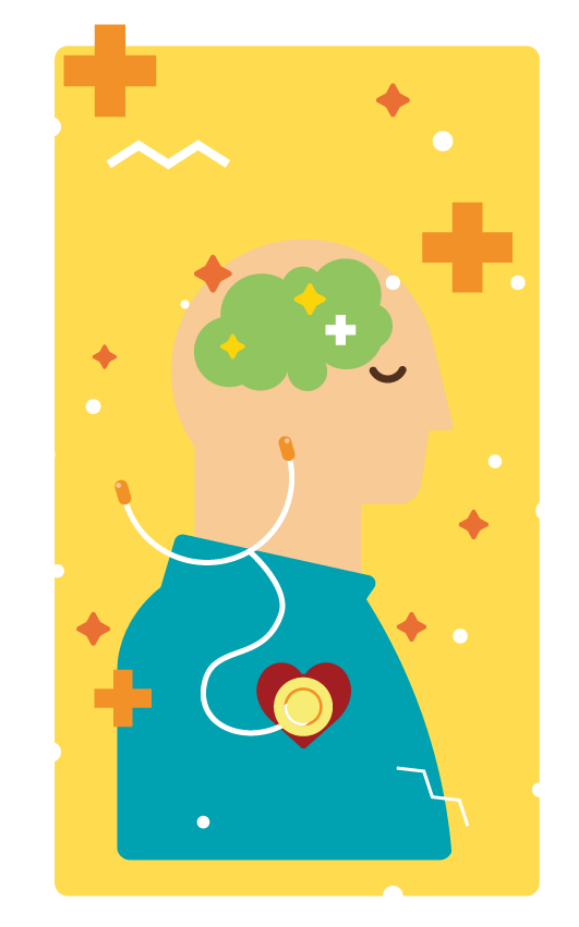As someone who has moved around a lot, Lilah Besser, Ph.D., has an interest in how environment and neighborhood influence brain health. She recently earned a grant for a first-of-its kind study to research community-level interventions that can increase cognitive resilience and healthy behaviors, to promote healthy brain aging and ultimately, allow older individuals to age in place.
Besser is chair of the department of urban and regional planning, assistant professor in the Charles E. Schmidt College of Science, and a member of FAU’s Brain Institute. Her five-year, $585,250 career development grant from the National Institutes of Health and National Institute on Aging, is based on her research titled “Longitudinal associations between neighborhood greenspace and brain aging in cognitively normal older adults.”
“First, I am trying to understand [if] Alzheimer’s disease can be delayed or prevented by social and built environments, [if] there is an association,” said Besser, adding that her research is a large concept to correlate, and requires the knowledge of many different expertise. Besser collaborates with faculty across the university to “find novel interventions or treatments for those people to help delay diseases that are complex such as Alzheimer’s,” she said.


Before coming to FAU, Besser was a senior researcher at the National Alzheimer’s Coordinating Center, and a public health data analyst at the Centers for Disease Control and Prevention researching public health and birth defects. Her doctoral dissertation addressed the cross section of neighborhood planning, built environments and preventing neurodegenerative diseases.
Her work at the National Alzheimer’s Coordinating Center led to her interest in brain diseases, she said. However, her interest in neighborhoods and their effect on brain behavior, stem from childhood. She grew up in rural North Carolina and traveled across the east coast, in addition to urban areas like London and Seattle. Living in different places shaped her interest in city and regional planning, she said.
Besser said the goal for her research is to make lasting beneficial changes earlier in life to the health of those with brain disorders. “Public health researchers want to actually make a positive impact on health,” she said.
